
Alibaba Cloud and the Olympic Broadcasting Services (OBS) launched OBS Cloud 3.0 combining cloud technologies and AI for the Paris Olympic Games. (Photo provided to chinadaily.com.cn)
Chinese tech companies are employing their cutting-edge cloud computing and artificial intelligence tools to enhance live broadcast experiences and athletes' performances at the ongoing Paris 2024 Olympic Games, a move that experts said demonstrates China's growing technological prowess and independent innovation capabilities.
The participation of Chinese companies in the prestigious sporting event is not only revolutionizing the way that audiences view the competition, but is also helping to improve the international recognition and influence of these enterprises while boosting their competitiveness on the global stage, the experts added.
More than two-thirds of the live broadcast signals are being disseminated by Chinese tech heavyweight Alibaba Group's cloud broadcasting services.
Alibaba Cloud, the cloud computing arm of Alibaba, which is a worldwide partner of the Paris Olympics, and the Olympic Broadcasting Services have jointly launched OBS Cloud 3.0 to help media outlets get images and videos of the Games.
The OBS, a subsidiary of the International Olympic Committee, oversees the distribution of event coverage.
A total of 11,000 hours of Olympics content will be distributed to more than 200 countries and regions with the help of Alibaba Cloud's global cloud infrastructure, reaching billions of viewers worldwide.
Cloud computing has become the main method of remote distribution to media rights holders for the first time in the history of the Olympic Games, taking over from satellite broadcasting, which was launched during the 1964 Olympics in Tokyo, Alibaba Cloud said in a statement.
Given its benefits of low latency and high resilience, content transmission through the cloud platform has outperformed other methods of distribution in terms of scalability, flexibility and cost, while increasing the stability and agility of broadcasting of the world's largest sporting event, industry insiders said.
Alibaba Cloud is also providing AI-enabled multicamera replay systems at the Paris Games. These systems have been deployed at 14 venues to cover events in 21 sports and disciplines, such as badminton, track and field, basketball, beach volleyball and table tennis. The systems provide slow-motion replays of athletes' performances, giving global viewers a more immersive experience by transforming live footage into precise 3D models, and allowing sports fans to access detailed information for deeper analysis of such performances.
Chinese AI company SenseTime is working with China's basketball team to offer AI-driven sports data analysis and advice on strategies for the competition.
The company's AI-powered platform can analyze each athlete's state of motion and the trajectory of the basketball's movement in real time, and give immediate feedback to the coaching team by constructing 3D models and leveraging 3D motion capture algorithms, with a goal of improving athletes' training efficiency and their performance in the competition.
Wang Peng, a researcher at the Beijing Academy of Social Sciences, said, "The application of China's state-of-the-art digital tech at the Paris Games has improved the viewing experience for spectators around the world, and showcased Chinese companies' leading position in tech frontiers and their strengths in technological innovation."
By participating in and providing technical support for the world's largest multisport event, Chinese tech companies are enhancing their brand awareness and influence in the international market, Wang said. Their participation will let more overseas audiences learn about China's rapid progress in cloud computing and AI technologies, he added.
Chinese tech company Baidu Inc is offering an AI auxiliary training system, which is based on its ChatGPT-like product and large language model Ernie Bot, for the China's diving team. It can understand complex instructions from coaches, record athletes' diving posture and actions, and score their real-time movements, in order to provide precise quantitative assessment and scientific guidance for training and competition, according to Baidu.
Hong Yong, an associate research fellow at the e-commerce research institute of the Chinese Academy of International Trade and Economic Cooperation, said that Chinese companies' enthusiasm toward the world-class sporting event highlights their commitment to globalization and rising international competitiveness in the high-tech domain.











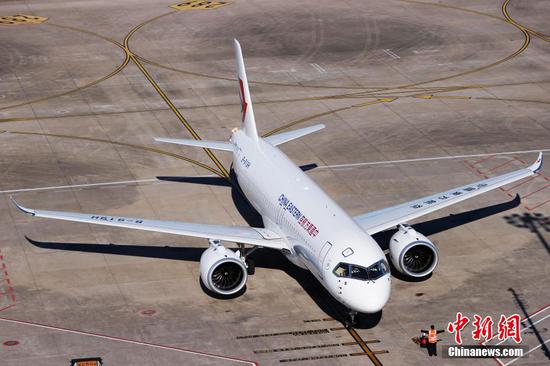

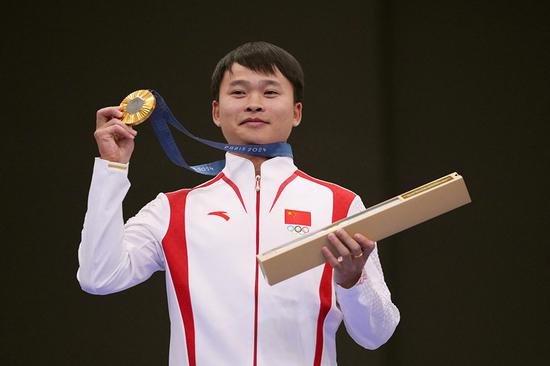
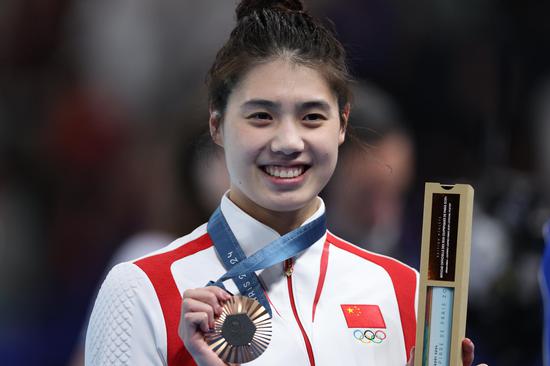
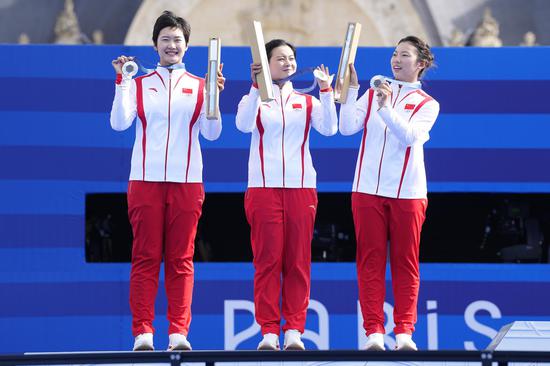





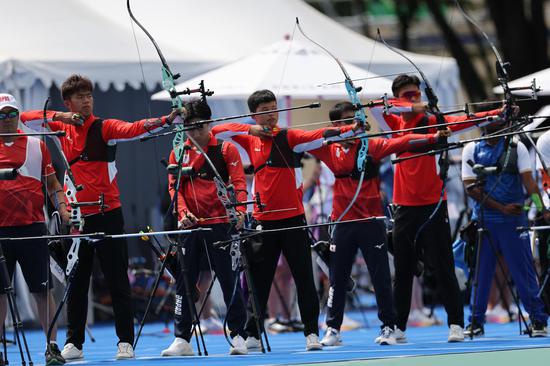
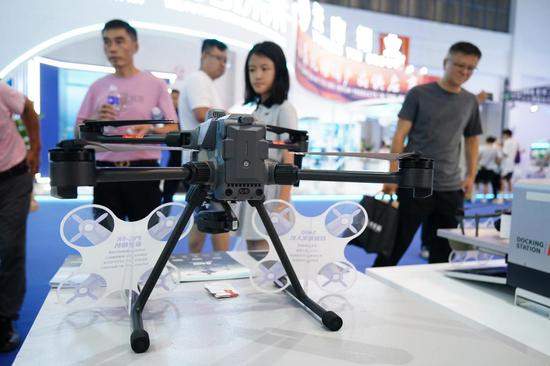

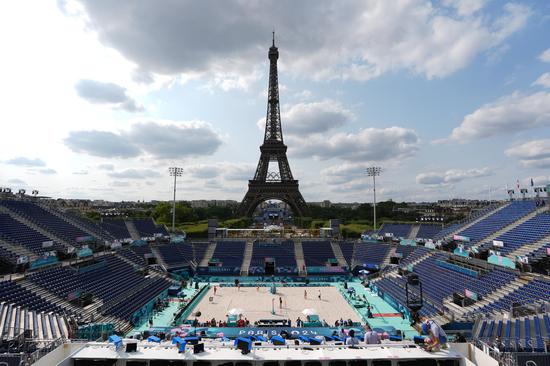
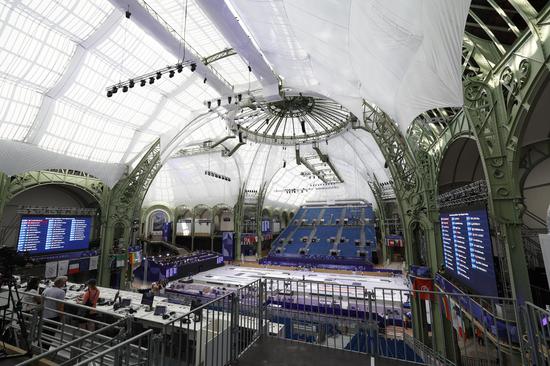


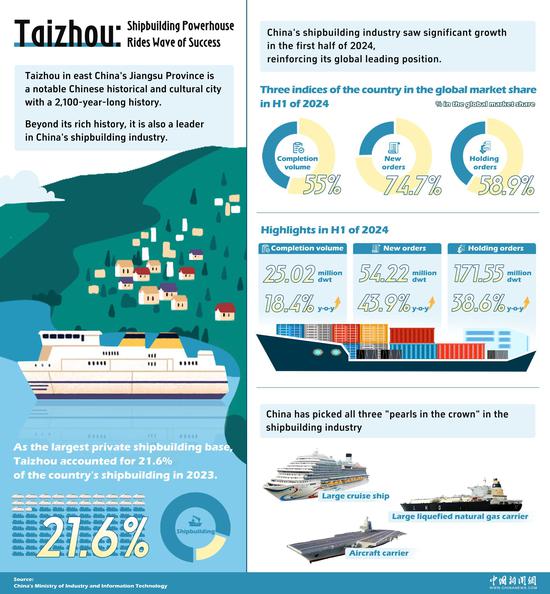
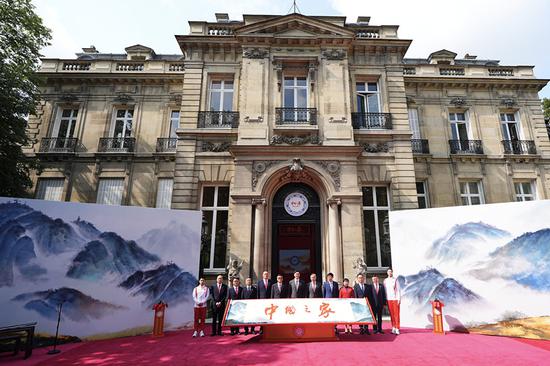
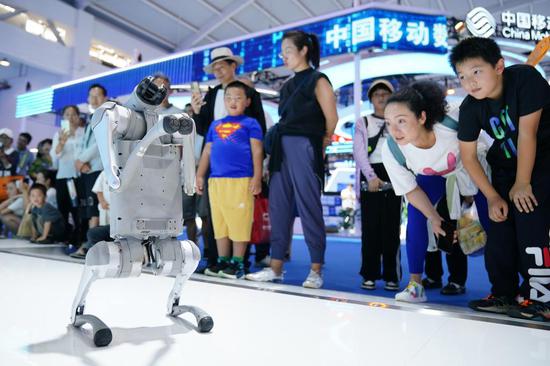


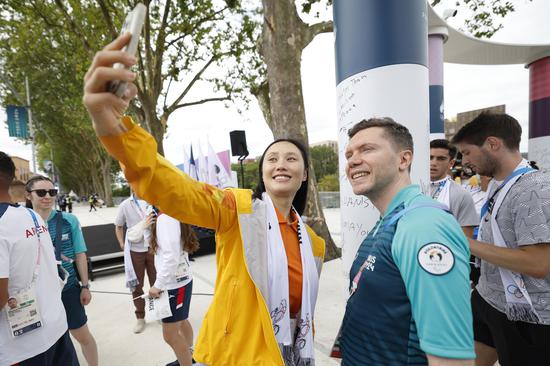



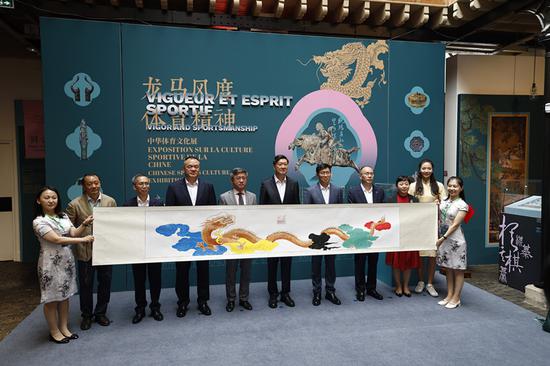





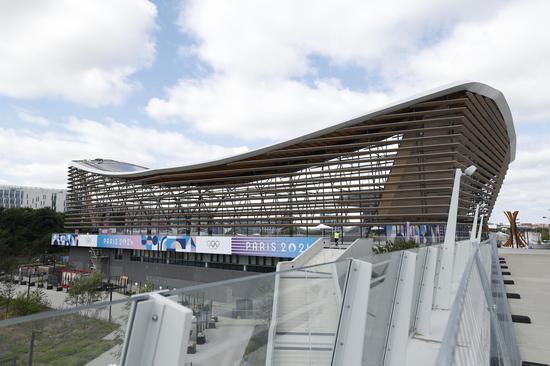





 京公网安备 11010202009201号
京公网安备 11010202009201号